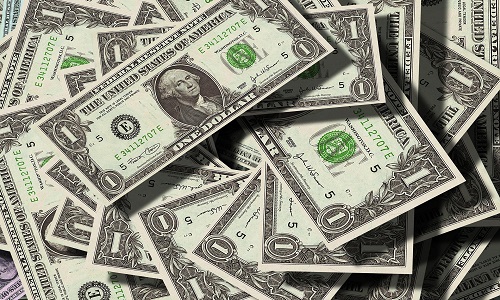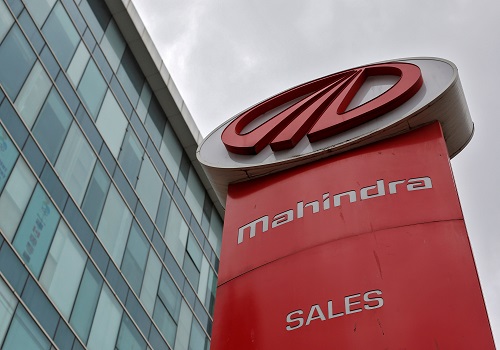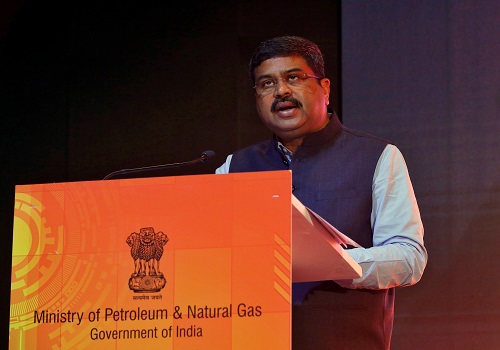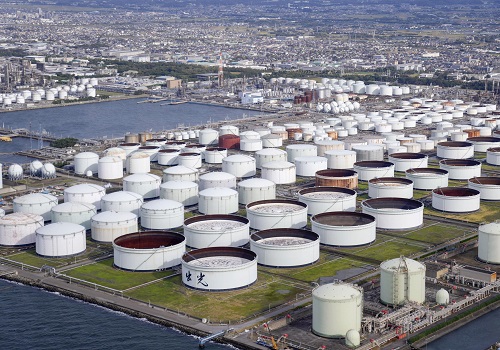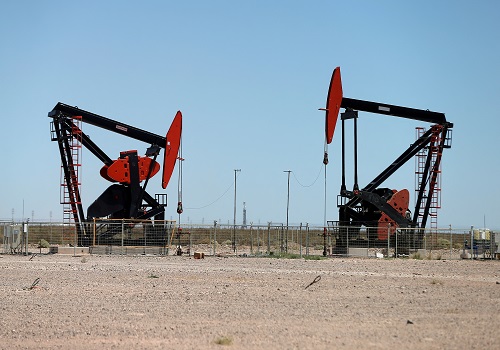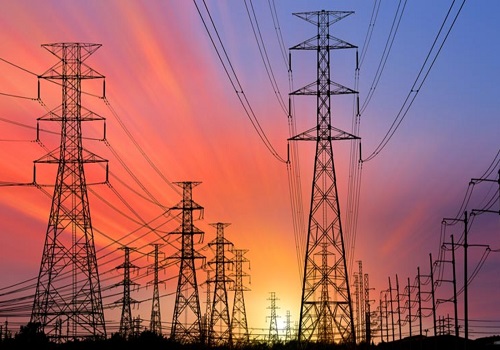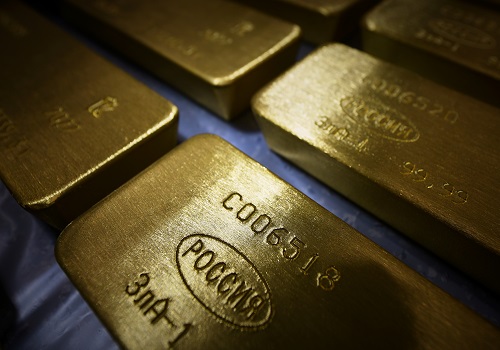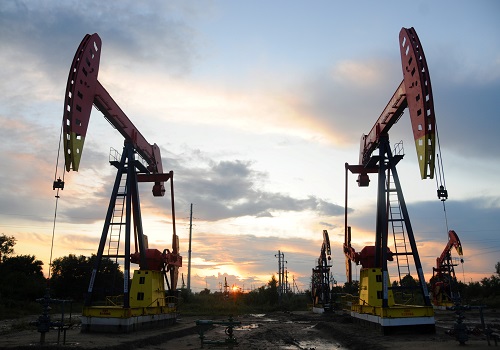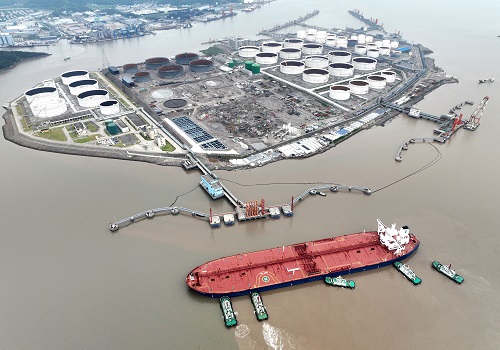OPEC oil cartel, allies to consider biggest cut in oil production since pandemic
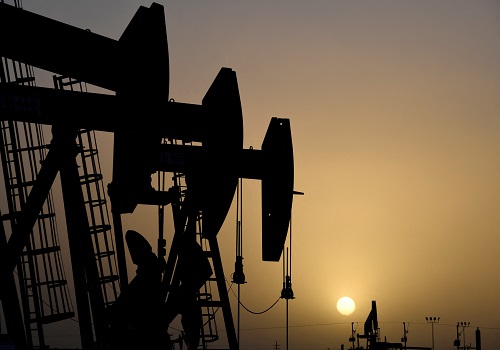
Follow us Now on Telegram ! Get daily 10 - 12 important updates on Business, Finance and Investment. Join our Telegram Channel
Major oil producing states are bracing the world for the biggest cut in oil production since the pandemic, the media reported.
The OPEC oil cartel and its allies, including Russia, will reportedly consider cutting output by more than 1 million barrels per day (bpd) at a meeting in Vienna on Wednesday, CNN reported.
Oil prices climbed by as much as 4 per cent, with benchmark Brent crude futures trading at about $88.60 a barrel on Monday, on expectations that OPEC will try to regain control of prices.
Oil analysts say that if such a large cut is agreed on Wednesday, crude prices could rise significantly higher, impacting everything from the cost of gasoline at the pump to goods and services, CNN reported.
The group, known as OPEC+, controls more than 40 per cent of global oil production.
For years it has coordinated output policy in an attempt to ensure markets have sufficient supply at a price its members can live with. But events this year, including sanctions on Russia, and speculation about a looming global recession, have chipped away at its ability to influence the market.
As recently as this summer, Western states were imploring Arab oil producers to raise output due to high oil prices, calls that were largely rebuffed.
Since then, prices have dropped significantly on the back of global recession fears and lockdowns in China.
"After a year of tolerating extremely high prices, missed targets and severely tight markets, the alliance seemingly has no hesitation when it comes to acting rapidly to support prices amid a deterioration in the economic outlook," wrote Craig Erlam, a senior market analyst at Oanda, a brokerage firm, CNN reported.
A potential cut in production of 1 million bpd would send a global signal that OPEC+ wants to regain control of a market that it believes has deviated from the fundamentals of supply and demand, say analysts.












 320-x-100_uti_gold.jpg" alt="Advertisement">
320-x-100_uti_gold.jpg" alt="Advertisement">


